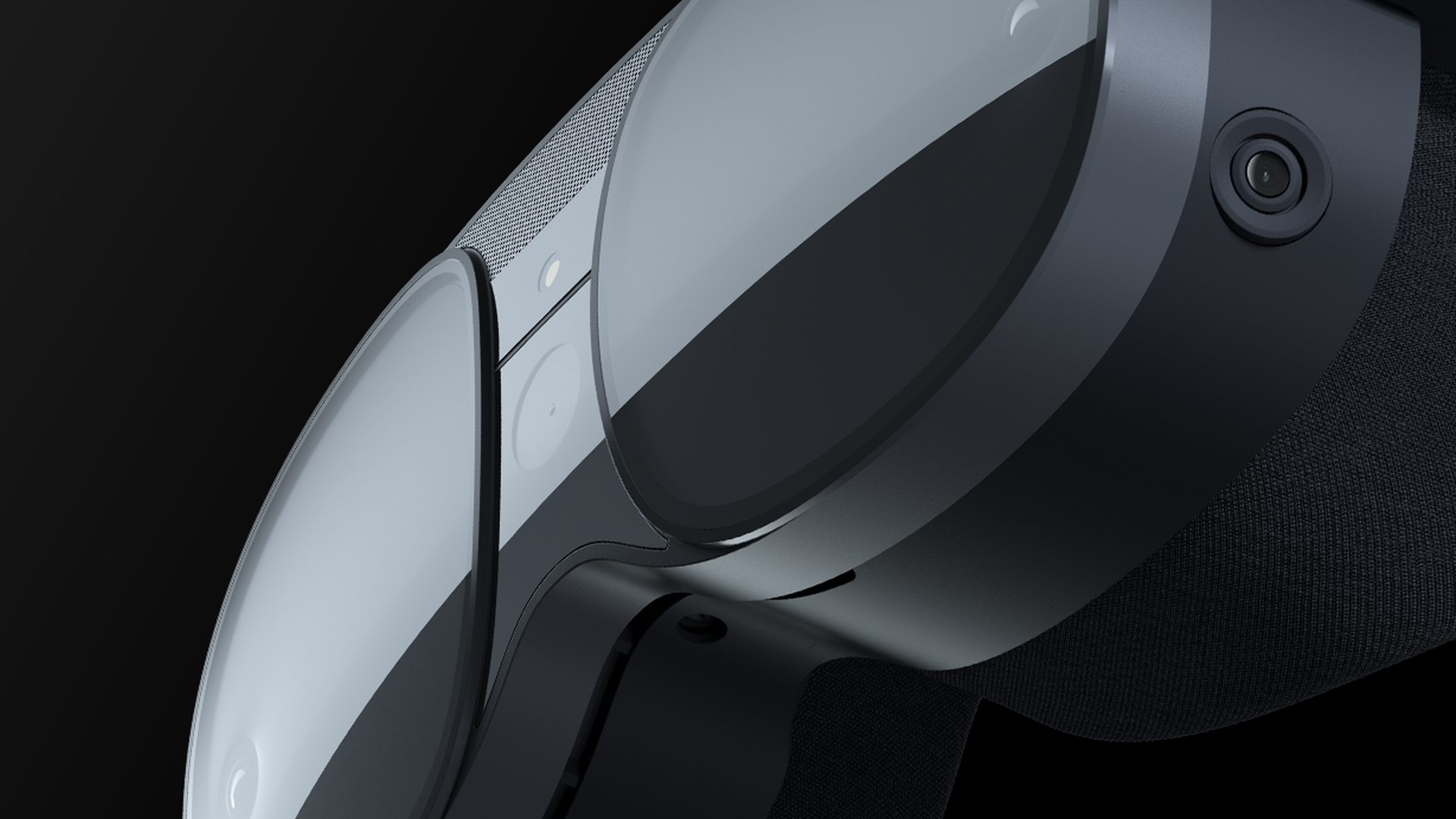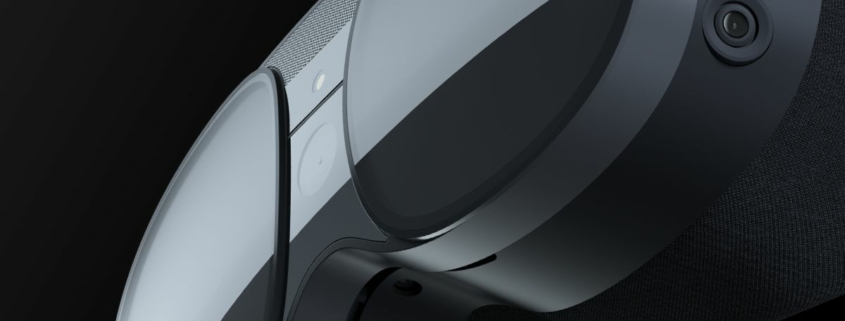HTC is making a new VR headset to compete with the Quest 2

HTC is working on a standalone AR/VR headset that’s designed to be lightweight and self-contained rather than requiring a PC or phone. Sounding more than a bit like a competitor to the Meta Quest 2, the unnamed headset was revealed to The Verge (opens in new tab) by HTC’s global head of product Shen Ye ahead of a full announcement at the CES conference on January 5.
Back in 2019, HTC launched the Vive Cosmos as a lightweight, standalone competitor for the Rift. Unfortunately it had tracking problems, which is why the Vive Cosmos Elite went back to base stations for increased accuracy. (The Cosmos Elite still sneaks into our list of the best VR headsets at number five.)
HTC’s new headset will come with outward-facing cameras and color passthrough for mixed-reality experiences, and a depth sensor for mapping and tracking your surroundings more efficiently. It’ll also support controllers with hand–tracking and six degrees of freedom, and apparently the battery will last for two hours of use.
One area where it won’t be able to compete with Meta is the price. Though he didn’t say how much HTC’s next headset will cost, Ye sure made it seem like it won’t be anywhere near as cheap as the Quest 2 was at launch. “We’re in an era when consumer VR headsets have been massively subsidized by companies that are trying to vacuum up and take personal data to provide to advertisers,” he told The Verge. “We don’t believe the way that we want to approach it is to compromise on privacy.”
Meta’s last headset, the Meta Quest Pro, was a pricier piece of gear, but the Meta Quest 3, which is likely to launch in 2023, will be more consumer-friendly. It’s also rumored to support mixed-reality, like Apple’s upcoming AR headset.
Meanwhile, John Carmack has departed Meta. The CTO of what was still called Oculus when he joined, called it “an org that has only known inefficiency.”
Source link




